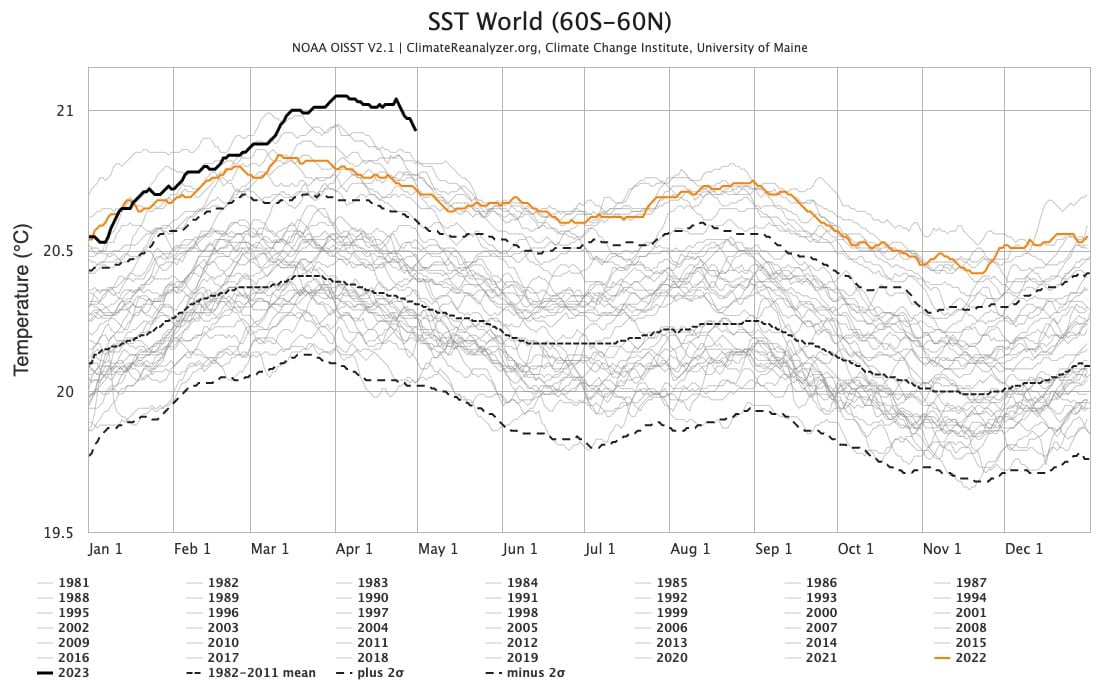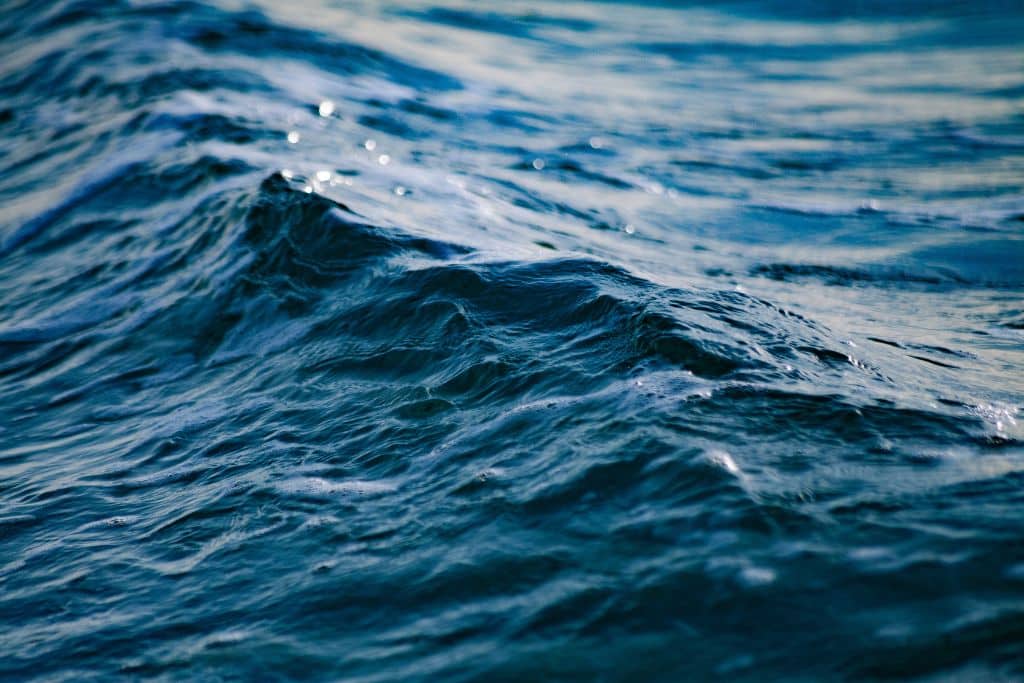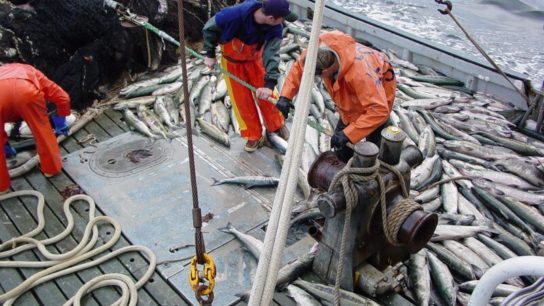As another El Niño event looms ahead, scientists expect more ocean warming records to be broken soon after April’s record spike.
—
The ocean is warming quicker than ever, reaching record highs in April with huge temperature spikes in some regions, leaving scientists to figure out what it means and whether it forecasts a surge in atmospheric global warming.
According to the US National Oceanic and Atmospheric Administration (NOAA), the global sea surface temperature hit an all-time high last month since satellite records began, beating the previous record of 21C set in 2016. The jump between early March and last week was almost two-tenths of a degree Celsius (0.36 degrees Fahrenheit).

Daily sea surface temperature (1981-2023). Image: Climate Change Institute/University of Maine.
A new study published last week found that the heat accumulated on Earth over the past 15 years, an amount almost equivalent to that of the previous 45 years, is rapidly warming the land, the cryosphere, the atmosphere, and especially the ocean, which stores about 89% of it. This, scientists say, has put the Earth’s climate system out of energy balance.
Scientists investigating the causes of the abnormally rapid spike in temperatures partly blame El Niño, the natural warming of parts of the equatorial Pacific that affects weather worldwide, spiking global temperatures. Since the last El Niño warming event in 2016, the global heat ocean content has increased 0.04 degrees Celsius (0.07 degrees Fahrenheit). While it might not sound like a lot, this is actually the equivalent of about 30 to 40 zettajoules of heat, or hundreds of millions of atomic bombs the size that levelled Hiroshima, oceanographer Sarah Purkey told the Associated Press.
With another El Niño event forecasted to take place later this year, what we are seeing might well be the first of many times heat records are broken, further compromising the Earth’s energy balance.
Researchers suggest that this energy imbalance is the best indicator we have to measure how well the world is in terms of slowing down anthropogenic climate change, calling for the implementation of the Earth energy imbalance (EEI) into the Paris Agreement’s Global Stocktake, a two-year process that assesses the global response to the climate crisis by identifying the gaps, and working together to agree on solutions pathways.
Ocean warming is a key component of the Earth’s system, bridging key climate cycles and driving changes in the system’s processes and components. As waters heat up, several systems are compromised. Aquatic habitats including coral reefs are threatened by this phenomenon, which is also diminishing the oceans’ capability to act as a carbon sink, meaning absorbing carbon from the atmosphere and storing it underwater.
You might also like: El Niño Will Push Global Temperatures ‘Off the Chart’ in 2023, Scientists Warn


















